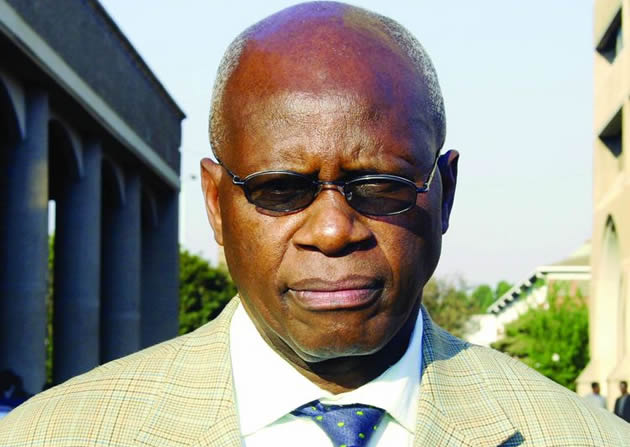New role for prices monitor

 THE government has re-branded the National Incomes and Pricing Commission (NIPC) into an entity that promotes a competitive business environment in Zimbabwe.
THE government has re-branded the National Incomes and Pricing Commission (NIPC) into an entity that promotes a competitive business environment in Zimbabwe.
Industry and Commerce Minister Mike Bimha said the decision came after an Inter-Ministerial Committee cost driver analysis of the Zimbabwean economy.
Bimha said the analysis also sought to deal with the reality that most of the local industry, agriculture and services sectors were not competitive.
“The entity will be expected to develop competitive costing models for the various sectors of the economy and to monitor compliance by the relevant stakeholders,” he said.
“Rather than create new bodies altogether, cabinet agreed to rebrand the NIPC into the National Competitiveness Commission (NCC) which will among others be responsible for reviewing all new Government business.”
Bimha said the NCC would also be expected to continuously scan the environment, monitor the cost drivers and advise on measures to be taken to address emerging challenges.
He said the NCC should start operations by mid next year.
“I’m pleased to advise that my ministry has already started to examine the legislation underpinning the NIPC with a view to effect the necessary amendments to transform it into an entity to implement the national competitiveness agenda,” he said.
A Standing Cabinet Committee, chaired by the Ministry of Industry, had also been created to deal with price and cost drivers, he said.
Some of the key cost drivers that Zimbabwe should deal with, Bimha said, included labour, power, water, transport and trade logistics, tariffs and trade taxes and finance.
He cited the example of water, whose fixed charges were more expensive than in other countries in the region.
“In Zimbabwe, the fixed water charge is used as a means of raising revenue as opposed to an infrastructure maintenance charge,” he said.
Bimha said Zimbabwe was also grappling with high levies, taxes, permits and regulatory costs.
He cited the cost of undertaking an environmental impact assessment in Zimbabwe which he said was 4.5 percent more expensive than in Malawi which is the next highest in the region, and 7.5 percent more than in Mozambique. — New Ziana.











Comments